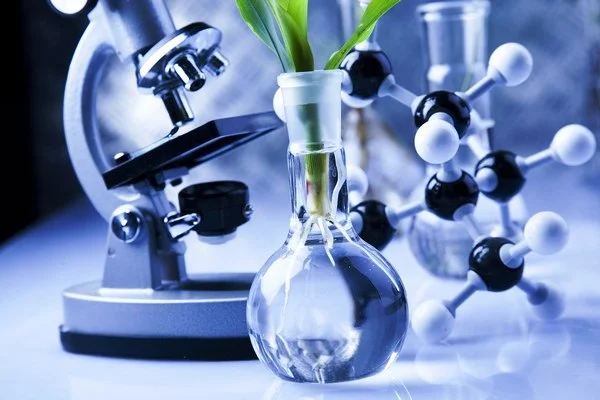Chemistry-biology (multilungual education)

Educational program code
6В01507
Language of instruction
Kazakh, Russian, English
Learning level
Undergraduate
Duration of study
4 year
Specialized subjects
Chemistry
Biology
Objectives of the educational program
- training of highly qualified, competitive multilingual personnel in chemistry and biology
- formation of professional, interdisciplinary, integrated competencies
- development of design and research skills
- the ability to carry out professional and scientific activities of future teachers by introducing innovative learning technologies into the educational process
- Human and animal physiology
- Academic writing
- Theoretical foundations of inorganic chemistry
- Methods of teaching biology
- Biochemistry
- Education management and digitalization
- Botany
- Zoology
- Inclusive education
- Criteria-based assessment technologies
- Physiology of the development of schoolchildren
- Teaching biology in the light of the updated content of secondary education
- Teaching chemistry in the light of the updated content of secondary education
- Pedagogy
- Introduction to the teaching profession
- Theory and methodology of educational work
- Methods of teaching chemistry
- Human anatomy
- Analytical chemistry (quantitative analysis)
- Analytical chemistry (quantitative analysis)
- Anthropology
- Methodology for solving problems in biology
- Extracurricular activities in biology
- Production of visual aids in biology
- Bioorganic chemistry
- General and molecular genetics
- General chemistry
- Biological experiment at school
- Molecular biology
- Methods for the study of organic compounds
- Chemistry of functional derivatives of organic molecules
- Organic chemistry
- School course in organic chemistry
- Theoretical foundations of organic chemistry
- Plant physiology
- Physiological processes in plants
- Physical and chemical methods of analysis
- Fundamentals of physical and colloidal chemistry
- Solving problems of increased complexity in chemistry
- Methodology for solving problems in chemistry
- Fundamentals of chemistry
- Methodology for solving experimental problems in chemistry
- Fundamentals of chemical analysis
- Methodology of chemical experiment
- Cytology and histology
- Cytology, histology and basics of embryology
- Theory of solutions of electrolytes and non-electrolytes
- Fundamentals of electrochemistry
- Chemistry of elements
Learning outcomes and competencies
- demonstrate knowledge in the natural sciences, social sciences, humanitarian and economic disciplines that contribute to the formation of a highly moral and deeply educated personality with a broad outlook and culture of thinking in a multilingual environment
- apply languages for academic, professional purposes, intercultural communication and academic writing, the principles and culture of academic integrity to implement the policy of trilingual education in chemistry, biology and scientific research
- apply applied software, modern methods of information processing and new digital learning technologies
- possess a system of subject, psychological, pedagogical and methodological knowledge, skills and abilities to apply theoretical knowledge in professional activities, taking into account the age and special educational needs of students (inclusive education) in the field of study
- apply optimal forms and methods of teaching chemistry and biology, effectively coordinate work using modern methods of teaching chemistry and biology within the updated content of secondary education, plan the content of training taking into account new approaches; to use in practice the technologies of criteria-based assessment of educational achievements (Section Summative, Quarter Summative and etc.).
- apply scientific knowledge and practical skills in solving chemical and biological problems
- demonstrate knowledge and understanding in the chemical and biological sciences, including inorganic, analytical, organic, physical, colloidal, biochemistry; botany, cytology and histology, zoology, human and animal physiology, anatomy, plant physiology, genetics; apply this knowledge and understanding at a professional level
- plan and organize scientific and design work on modern instruments and equipment using physical and chemical research methods, based on the safe conduct of the experiment